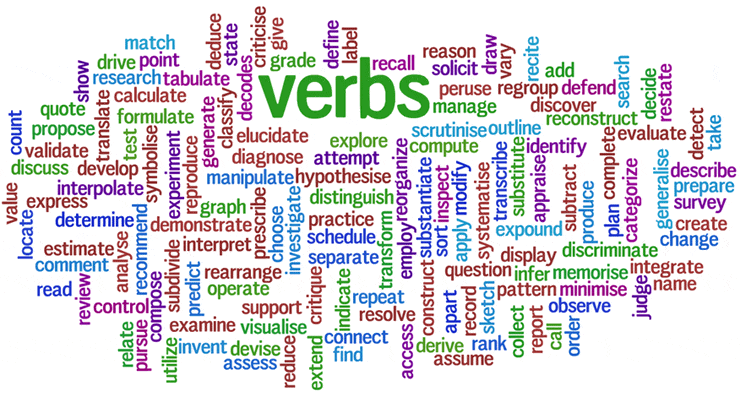The role and meaning of verbal phrases in formal and informal English language
I perfectly understand learning the intricacies of English grammar is a very boring deal. But as an experienced writer, editor, and proofreader responsible for preparing tutoriage reviews, I decided not to ignore even the most tricky topics. That's why this article is dedicated to verbal phrases.
As you may know, phrases are groups of words without a subject and a verb. For example:
On the way to the store, I picked up a hitchhiker.
They can serve in lots of roles in a sentence, but can never stand alone. Beyond that, there are a lot of different kinds of phrases. The most common, and interesting, types of phrases are called verbal phrases. They are based on parts of speech formed by adding something to a verb that transforms said verb into another part of speech. Confused? It’s actually quite simple:
- I cry whenever I see a telephone commercial - here, “cry” is a verb.
- Crying at the end of Old Yeller is nothing to be ashamed of - here, with the simple addition of “ing,” “cry” the verb becomes “crying” the noun.
The good news is that you’re probably well past the point when you could be judged for not knowing this. The bad news is I’m going to explain it anyway.

PREPOSITIONAL PHRASES
Prepositional phrases start with a preposition and end with an object. They can act as an adverb, adjective, or even a noun:
He reached behind his back and pulled out an ax.
INFINITIVE PHRASES
An infinitive phrase is built with “to” and a verb. Either that, or it’s very long. I can’t remember:
I started to get nervous when I saw the shining ax head.
GERUND PHRASES
Gerunds are nouns formed by slapping an “ing” on the end. A gerund phrase is formed by placing a couple of words around a gerund and calling it a noun:
Sweating profusely probably wasn’t the best way to handle the situation.
PARTICIPIAL PHRASES
Participial phrases are very similar to gerund phrases: participles are verbs with “ing” tacked on like a cheap corsage, but they function as adjectives or adverbs:
Losing my grip on the wheel, I plowed the car into the ditch.
USING VERBAL PHRASES
Verbal phrases are often best used to avoid using passive voice. Pulling a verb out of the end of your sentence, transforming it into a gerund, and making it your subject is an effective technique for breaking up cookie-cutter sentences. In writing, variety is the spice of life, and the spice must flow.
I would like to note that the topic of phrasal verbs is quite wide. And of course, I've only covered the basics in this article (but it's the most important, isn't it?). Therefore, I would be very happy if I managed to interest you and encourage you to further your studies.
Useful Resources:
Idioms and Colloquialisms
That’s Not a Word!
10 Homophones That Could Ruin Your Life
The 8 Parts of Speech